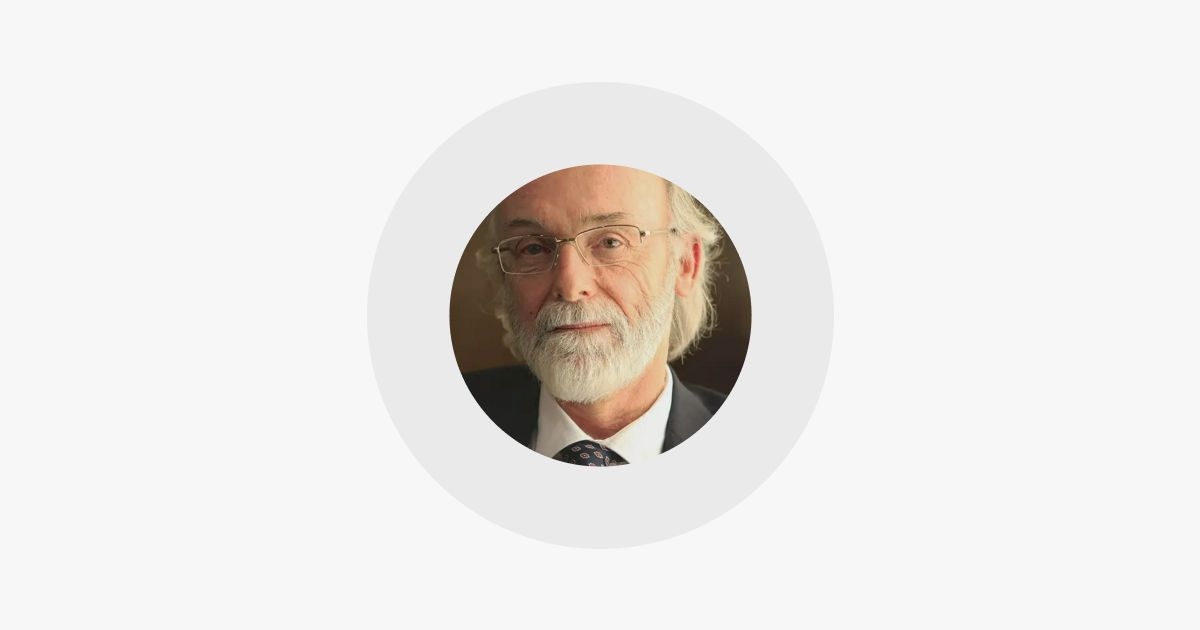Euthanasia: When the State Decides Who Should Die

There are laws that, when they fail, save us from ourselves. Euthanasia in Portugal was one of them. Not by intention — but by effect. Between the lyricism of the “right to die with dignity” and the realism of families pushing the most fragile towards the exit, there is a fine line between autonomy and abandonment.
Not every choice is free just because it was signed
The Constitutional Court has blocked a hasty, poorly written and dangerously ambiguous law. And it did well. Behind the parliamentary prose were concepts such as “intolerable suffering” and “definitive injury of extreme gravity” — expressions that sound serious but which, in practice, are legal traps ready to explode.
One example is the Netherlands, where euthanasia has been legal since 2002, to see the risks. In 2024, 219 people were euthanized on the grounds of psychiatric distress. One of them cried when asked if she really wanted to die. The doctor went ahead anyway. With the blessing of the law.
When the State legitimizes, pressures cease to be invisible
The left insists on broadening the criteria: more diseases, more “subjective” suffering, fewer barriers. The right, as usual, has limited itself to shouting “beware of the open door”. Both have failed to hold the right debate: how to ensure that those who want to die are those who actually decide to die, and not those who have resigned themselves for lack of alternatives.
This is where the liberal view comes in — which is neither “pro-euthanasia” nor “anti-euthanasia.” It is pro-real autonomy. This means defending a rigorous model, shielded from abuse, where the patient’s wishes are verified, monitored and confirmed by independent doctors.
Freedom without protection is just abandonment with the perfume of choice
In Portugal, the latest legislative attempt had some good principles: the need for medical opinions, the obligation of informed consent, and the exclusion of minors. But it failed where it was critical: it did not require an assessment by specialists in the patient's pathology, it allowed the method to be chosen freely (even when the patient could commit suicide without help) and it created a commission with no binding power. It was a law that pretended to be careful, but which left loopholes through which a whole host of abuses could fit.
In countries where euthanasia is legal, the numbers are skyrocketing. In Canada, 15,000 people died with medical assistance in 2023 — almost 5% of all deaths. And there, as here, it also started with “exceptional cases”. Today, there are reports of people who have asked to die because they cannot afford a house adapted to their allergies. Literally: without money to live, the only option left is to die.
Dignity is not in dying without pain. It is in living without fear.
The model proposed by a sensible liberal is clear: euthanasia only for those who are in irreversible physical suffering, without economic or emotional dependence, with mental capacity confirmed by a psychiatrist, and after a double medical evaluation and authorization by an independent commission. There is no rush. There is prudence.
But this requires more than legislation. It requires culture. And this culture begins by not normalizing death as a social response to suffering. Instead of rushing through laws to appear “progressive,” Parliament would do better to strengthen palliative care and train doctors to alleviate pain — not to cause death.
The trend is to cite Belgium, where even children can request euthanasia (three have done so since 2014). What is not mentioned is that in that same country, a doctor was acquitted after euthanizing a woman with mild autism. The court ruled that it was an “error in good faith”. Good faith? Or blind faith in a practice that claims to be technical but is, in essence, existential?
In the name of autonomy, we cannot hand over to the State the role of certifying deaths. A State that fails in nursing homes, hospitals and pensions cannot be promoted to the ultimate judge of dignity.
The right to die is not a duty to disappear
Conclusion? Euthanasia is not a civilizational advance. It is an individual decision — radical, irreversible and deeply intimate. If the State wants to respect it, it should do so with strict rules, strict filters and an ethical requirement that is commensurate with the drama involved. Everything else is legislative oversight wrapped in pretty words.
Because a society that offers death before offering support… is giving up. And we don't give up. Not on life, not on freedom.
Every life is ours — not the State’s.
observador





